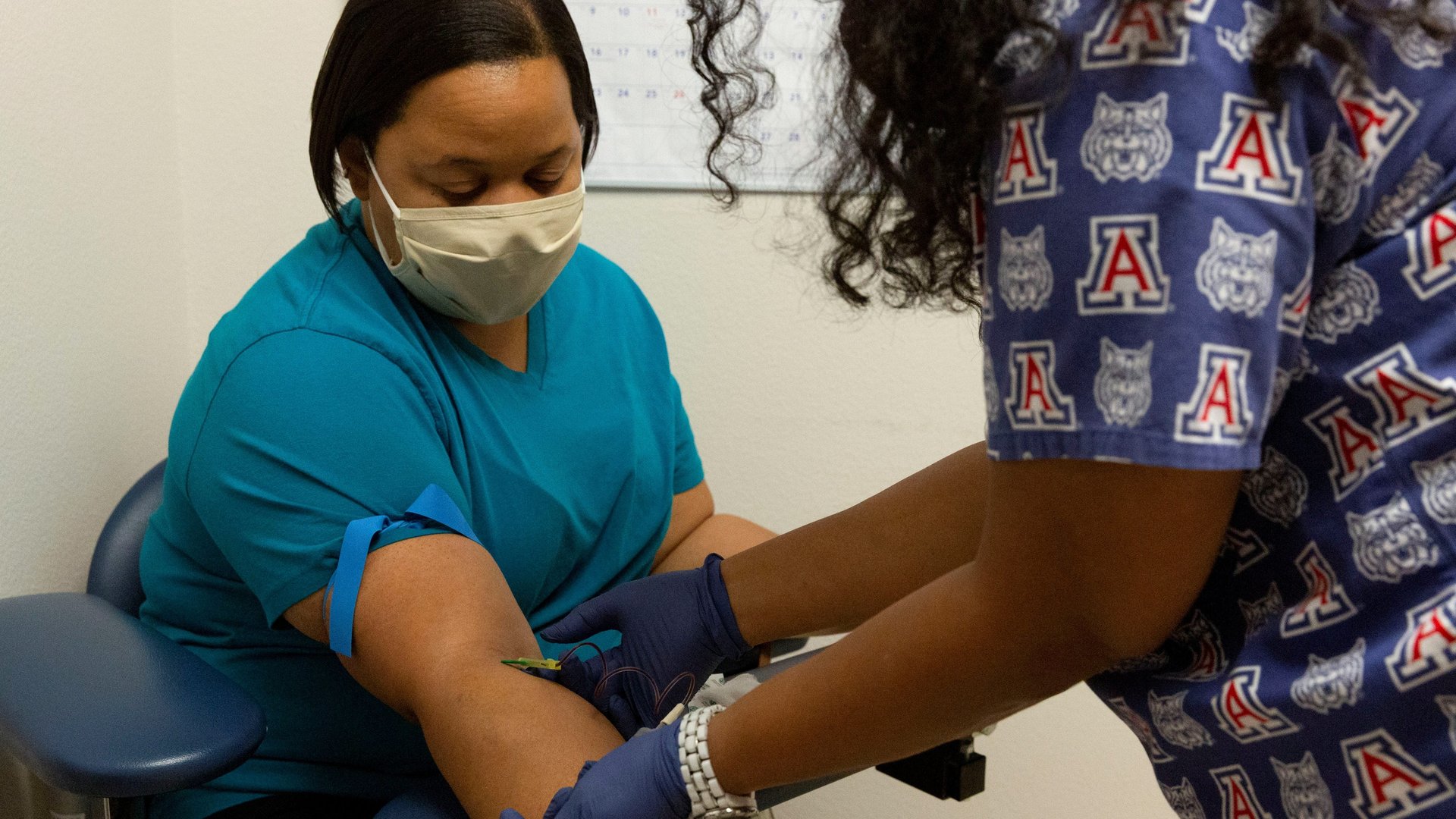FDA officials regret flooding the market with Covid-19 antibody tests
In mid-March 2020, in an effort to make Covid-19 tests more readily available, the US Food and Drug Administration (FDA) relaxed its guidelines for manufacturers of serology tests. Also known as antibody tests, these detect evidence of an immune response to Covid-19, but are not accurate enough to reliably diagnose infections.


In mid-March 2020, in an effort to make Covid-19 tests more readily available, the US Food and Drug Administration (FDA) relaxed its guidelines for manufacturers of serology tests. Also known as antibody tests, these detect evidence of an immune response to Covid-19, but are not accurate enough to reliably diagnose infections.
The guidelines allowed any SARS-CoV-2 serology test to hit the market without FDA authorization, as long as the test didn’t purport to be FDA-approved. A wave of shoddy and even outright fraudulent tests followed, and by May, the FDA was forced to tighten the rules for market entry. At the time, some outside immunologists cautioned that even the new criteria were too lax to keep out bad tests.
Now, the FDA is admitting those critics were right.
In an article published Feb. 13 in the New England Journal of Medicine, two senior FDA officials who were responsible for setting test approval policies say they regret opening the floodgates to serology tests. Although there was, and remains, a clear value in serology tests for answering big-picture questions about disease transmission, the fact that even the best of these tests aren’t useful for diagnosing infections should been reason to scrutinize all of them more closely, write Jeffrey Shuren, director of the FDA’s Center for Devices and Radiological Health, and Timothy Stenzel, director of the Office of In Vitro Diagnostics and Radiological Health.
“Knowing what we know now, we would not have permitted serology tests to be marketed without FDA review and authorization, even within the limits we initially imposed,” they write. “Although other factors may have driven unauthorized products to flood the marketplace, our March 16 policy allowed it to happen.”
When the May rules came into effect, the FDA began to screen serology tests more closely, and curbed some of the Wild West marketing that happened early in the pandemic. Since then, according to the NEJM article, the agency has dropped its emergency use authorization of 225 tests not meeting efficacy or other standards or other, issued warning letters about potentially illegal test marketing to 15 companies, and placed another 88 foreign companies on an import inspection list.
Shuren and Stenzel point to a few other lessons from the antibody testing spree: One, that the government needs to plan better in advance for how to study population-wide immune responses to epidemics as they happen; two, the FDA should have a system in place with private labs to rapidly evaluate new tests during future outbreaks; and three, the medical community needs to brush up on immunology and understand that even the best antibody tests carry a high risk of false positives.
Now that better diagnostic Covid-19 tests are widely available, and vaccines increasingly so, there’s less reason for people to need or want an antibody test, outside the context of a public health survey. But as global travel picks up, the US government is still taking a relatively lax approach to testing; it is one of the only countries in the world to allow rapid antigen tests, which are less reliable than PCR tests, as proof that passengers are Covid-free before entering the country.